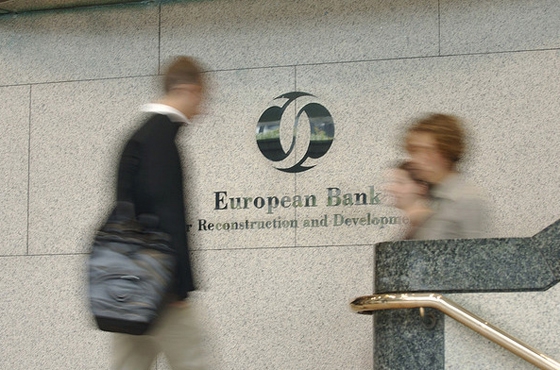The European Bank for Reconstruction and Development expects to invest about 1 billion euros ($1.1 billion) in Egypt this year, following a revival in investor interest after it floated its pound currency in November, EBRD officials said.
The EBRD has invested 2.3 billion euros in 42 projects in Egypt since it began operations there in 2012, making the country the bank's third-biggest investment destination worldwide.
The bank, which works with companies to support market economies and develop the private sector, had hoped to work on more projects last year but a foreign currency shortage in Egypt caused many investors to put their plans on hold.
"There's been more investor interest in Egypt since the currency reforms and some of the other economic reforms that Egypt is undertaking," Janet Heckman, the managing director for the southern and eastern Mediterranean, told Reuters in Cairo.
Egypt has struggled to revive its economy since the 2011 uprising that ended Hosni Mubarak's 30-year rule and ushered in a period of instability that scared off investors and tourists, key earners of foreign exchange in the import-dependent country.
Supporting Egypt's dollar peg had drained the central bank's foreign reserves, forcing it to impose capital controls.
In November, Egypt's central bank floated the pound, in a dramatic move that has seen the currency halve in value. The flotation helped Egypt clinch a $12 billion IMF loan to support a government reform program.
The EBRD welcomed the liberalization of the currency at the time and Catarina Bjorlin Hansen, the bank's deputy head for Egypt, said interest from private sector investors had picked up.
"In the autumn things slowed as people put on hold projects both before and after the devaluation. In February, we saw companies resume activity," Hansen told Reuters.
"I am optimistic but it is important to stick to the plan and not to take any shortcuts, which is tempting when things get cumbersome."
Hansen said the EBRD was expecting to invest in a larger number of smaller projects this year than the 17 it worked on last year.
Established in 1991 after the fall of communism in eastern Europe, the EBRD expanded its remit to the southern and eastern Mediterranean in the wake of the Arab uprisings of 2011.
Reuters
22 March























































